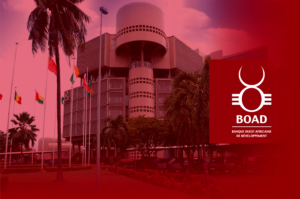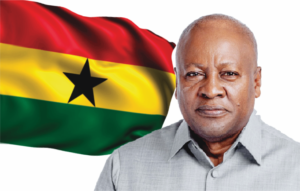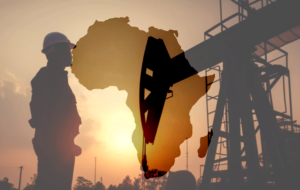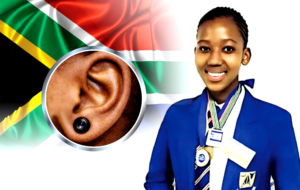ECOWAS Urges Islamic Scholars to Lead Fight Against Extremism, Modernize Quranic Education
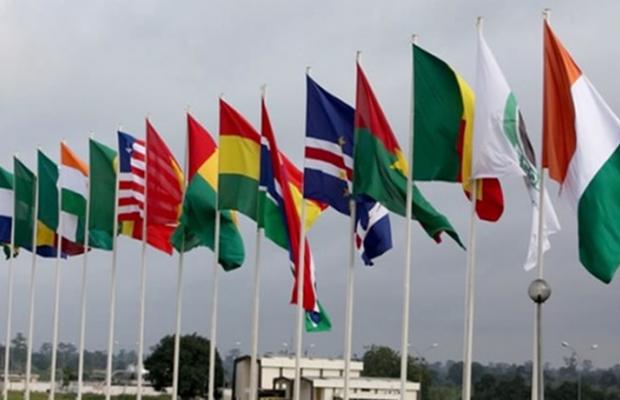
The Economic Community of West African States (ECOWAS) has urged Islamic scholars across the subregion to take the lead in combating extremism and terrorism, calling for a modernization of Quranic education that promotes peace, inclusion, and human security.
At the West African Islamic Conference on Security and Governance held Thursday in Abuja, ECOWAS Commission President Dr. Omar Alieu Touray described terrorism and violent extremism as existential threats to West Africa’s peace, economy, and social fabric. He emphasized that the region’s stability now depends as much on spiritual leadership as on military strength.
Terrorism and violent extremism have taken a huge toll on people. Africa, especially the Sahel, has become the new hub of global terrorism. Islamic scholars have a sacred responsibility and should use it to guide our youth away from violence and towards knowledge, innovation and coexistence.
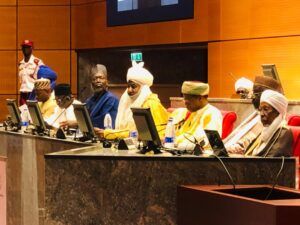
Touray announced ECOWAS’ commitment to modernizing traditional Quranic schools known as Tsangaya in Nigeria, Makaranta in Ghana and Daraa in the Sahel, to prevent their students from falling prey to radical recruiters. Millions of young West Africans attend such schools, often living in poverty and isolation. He said the modernization will blend Quranic studies with formal education, skill acquisition and digital literacy. Transforming the schools into centers of empowerment rather than vulnerability.
He commended Nigerian President Bola Ahmed Tinubu for establishing the National Commission for Almajiri and Arab School Children Education, describing it as a model for inclusive learning that could end street begging, child abuse and radicalization. “Protecting these schools and giving their students hope will end the phenomena of street-begging and child exploitation. Education reform is key to peace and productivity” – Touray noted.
The call carries deep human and family implications. Across northern Nigeria and parts of the Sahel, parents send children to Quranic schools in search of spiritual growth, but limited resources and state neglect often expose many of these children who are far from home, to hunger, exploitation and extremist recruiters.
By advocating modernization, ECOWAS aims to restore dignity and stability to the family unit, ensuring children receive both religious and secular education without losing their cultural identity.
In the essence of cultural and social balance, the initiative represents an effort to harmonize faith with modern realities. Over generations, Islamic scholarship has shaped social norms and moral life in West Africa. But in an age of digital misinformation and youth unemployment, ECOWAS argues that religious institutions must evolve to preserve their authority and relevance.
The conference participants agreed that Islamic leadership should escalate their longstanding cornerstone-position in the West African, into a sustainable moral guidance. And it should be central in the broader social campaign against extremism, intolerance and hate.
Economic and political stakes beyond faith: the issue carries weighty economic and political implications. Persistent insecurity in Mali, Burkina Faso, Niger and northern Nigeria has drained national budgets and scared off investors. Touray warned that without social inclusion and education reform, extremist groups could continue exploiting youth poverty for recruitment.
Analysts say empowering religious institutions aligns with ECOWAS’ non-military approach to peace-building. Emphasizing dialogue, civic education and job creation over force. By engaging clerics and local leaders, the bloc seeks to build community resilience and reduce the social costs of conflict.
The unity across faiths objective was also anchored in Emir of Kano – Sanusi Lamido Sanusi II speech, urging religious leaders to promote peace and mutual respect between Muslims and Christians. Warning that terrorism targets all faiths alike. “Let us strive to create a region where every individual can live in peace, security, and dignity. This is not the end, but the beginning of a new era of collaboration” – he said.
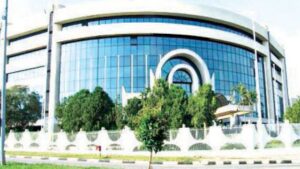
Resolutions from the conference called for:
- Blending Islamic and formal education curricula.
- Empowering Imams with mediation and peace-building training.
- Encouraging governments and NGOs to fund community-based peace projects.
- Supporting youth and women’s groups in early warning and dialogue initiatives.
Ultimately, the conference stressed that the fight against extremism is not only a military deployment, but a moral, educational and communal one. ECOWAS’ new approach places scholars, teachers, and families at the heart of regional security, redefining education as the foundation of peace and prosperity in West Africa.


